How to Comfort Your Cat When Scared: A New Guide to Easing Feline Anxiety
Cats are known for their independence and resilience, but like all animals, they can become frightened by unfamiliar situations, loud noises, or environmental changes. Knowing how to comfort your cat when they’re scared is essential for maintaining their well-being and ensuring they feel safe and secure in your home. Here’s how you can help your cat overcome fear and regain their calm. Know how to comfort your cat
Create a Safe Space
One of the most effective ways to comfort a scared cat is by providing a safe and quiet space where they can retreat. This could be a cozy corner with their favorite blanket, a quiet room away from the noise, or a hiding spot where they feel secure. Cats instinctively seek out places where they can feel hidden and protected, so giving them a designated safe area can help reduce their anxiety.
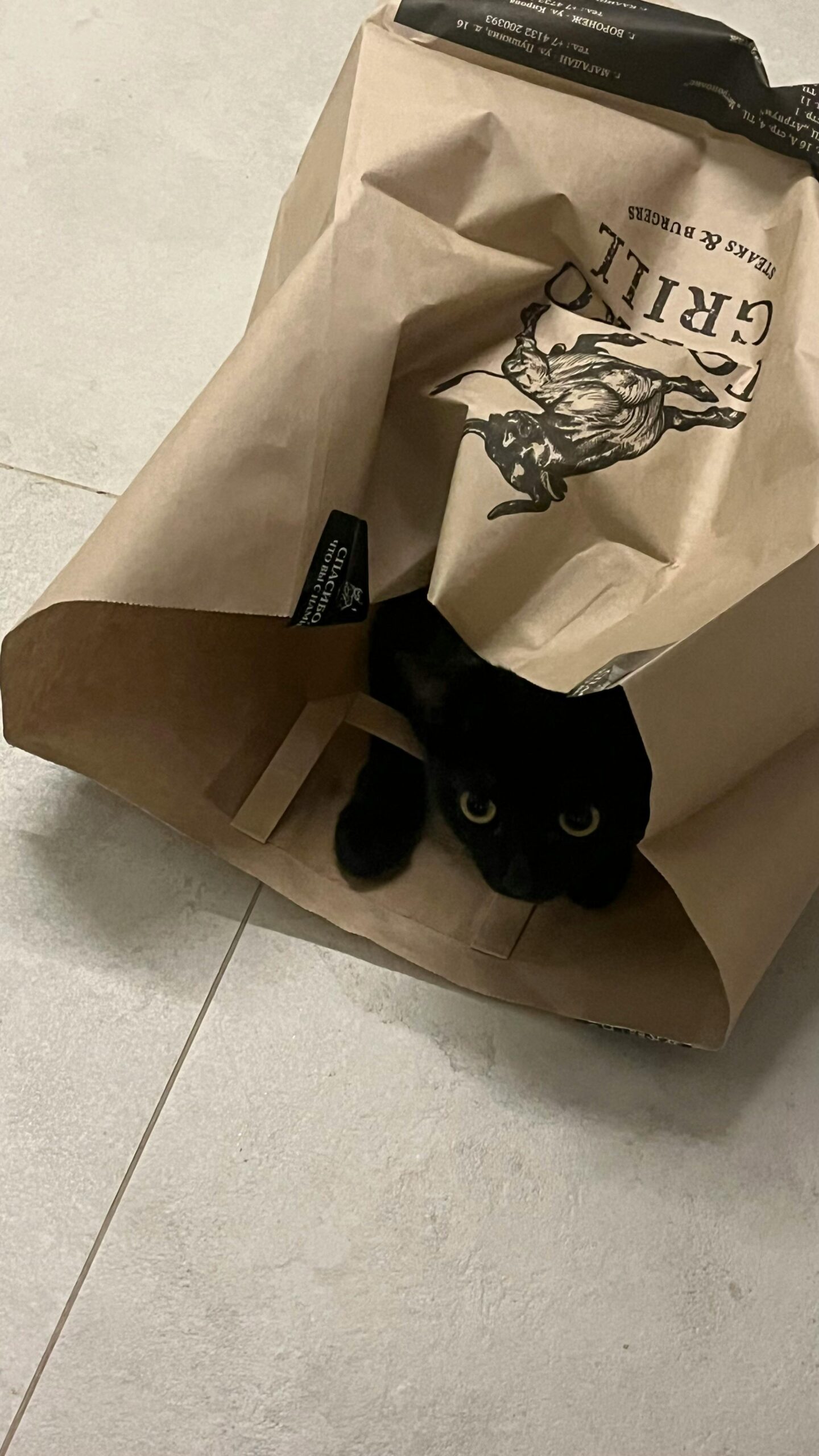
Stay Calm and Reassuring
Cats are highly perceptive and can pick up on their owner’s emotions. If you’re anxious or stressed, your cat may become even more frightened. It’s important to stay calm and speak to your cat in a soothing tone. Avoid sudden movements or loud noises that could further startle them.
Use Pheromones and Comforting Scents
Pheromone sprays and diffusers can be effective tools in calming a scared cat. These products mimic the natural pheromones that cats produce to mark their territory and signal safety. By releasing these comforting scents, you can help create a calming environment that makes your cat feel more secure.
Offer Gentle Physical Comfort
While some cats prefer to be left alone when scared, others may seek physical comfort from their owners. If your cat comes to you for reassurance, offer gentle petting and close physical proximity. However, it’s important to read your cat’s body language—if they seem agitated or try to move away, give them space.
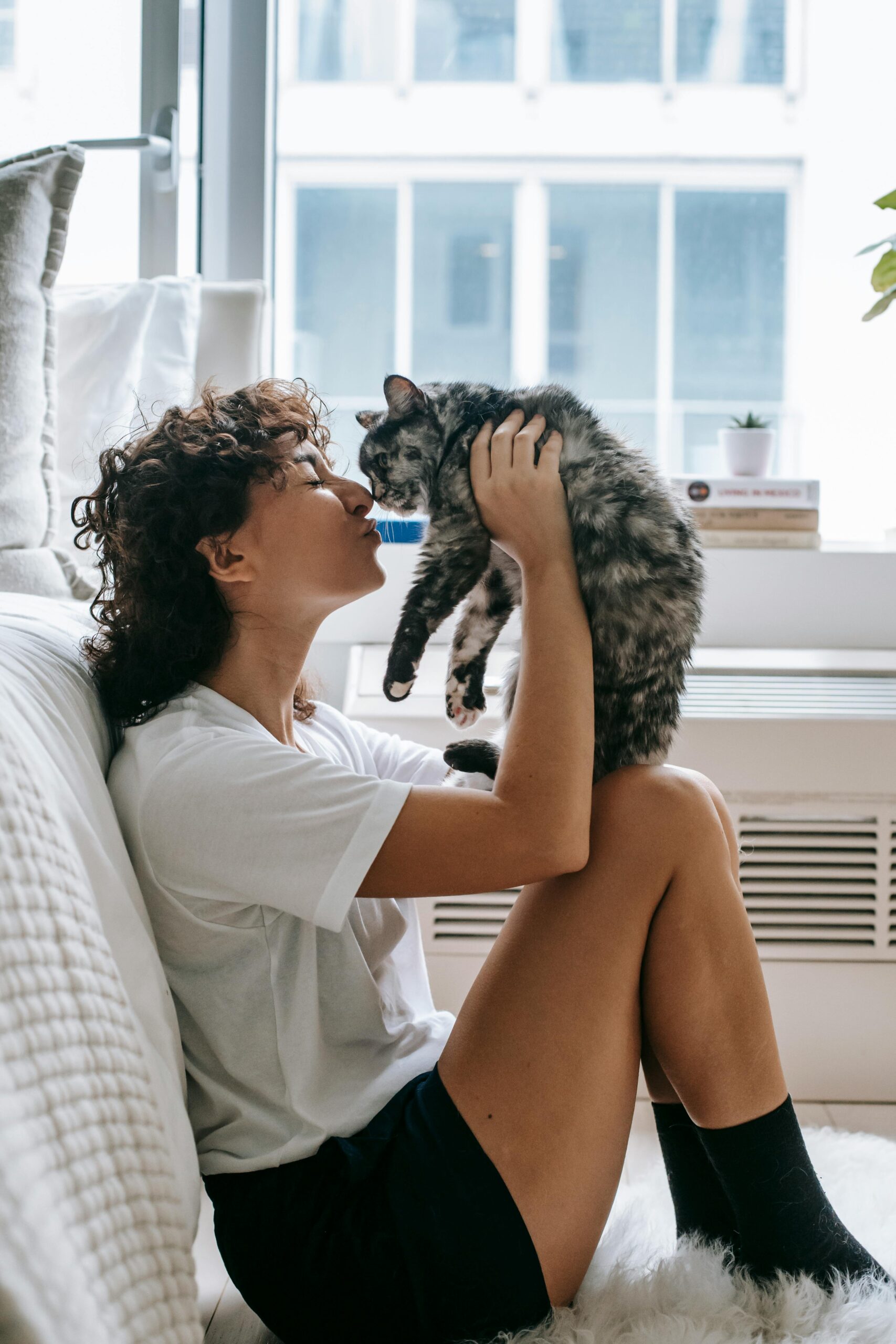
Distract with Play or Treats
Distraction can be a useful technique for easing your cat’s fear. Engaging them in play with their favorite toys or offering a treat can help shift their focus away from whatever is scaring them. Playtime also provides an outlet for pent-up energy, which can reduce stress and anxiety.
Maintain a Routine
Cats thrive on routine, and changes in their environment or daily schedule can contribute to their fear. To help your cat feel more secure, try to maintain a consistent routine, especially during stressful times. Regular feeding times, play sessions, and quiet time can provide a sense of stability that helps reduce anxiety.
Consult Your Veterinarian
If your cat’s fear is persistent or severe, it may be helpful to consult with your veterinarian. They can provide advice on behavioral strategies or recommend calming supplements or medications if necessary. In some cases, underlying health issues can contribute to anxiety, so it’s important to rule out any medical causes.
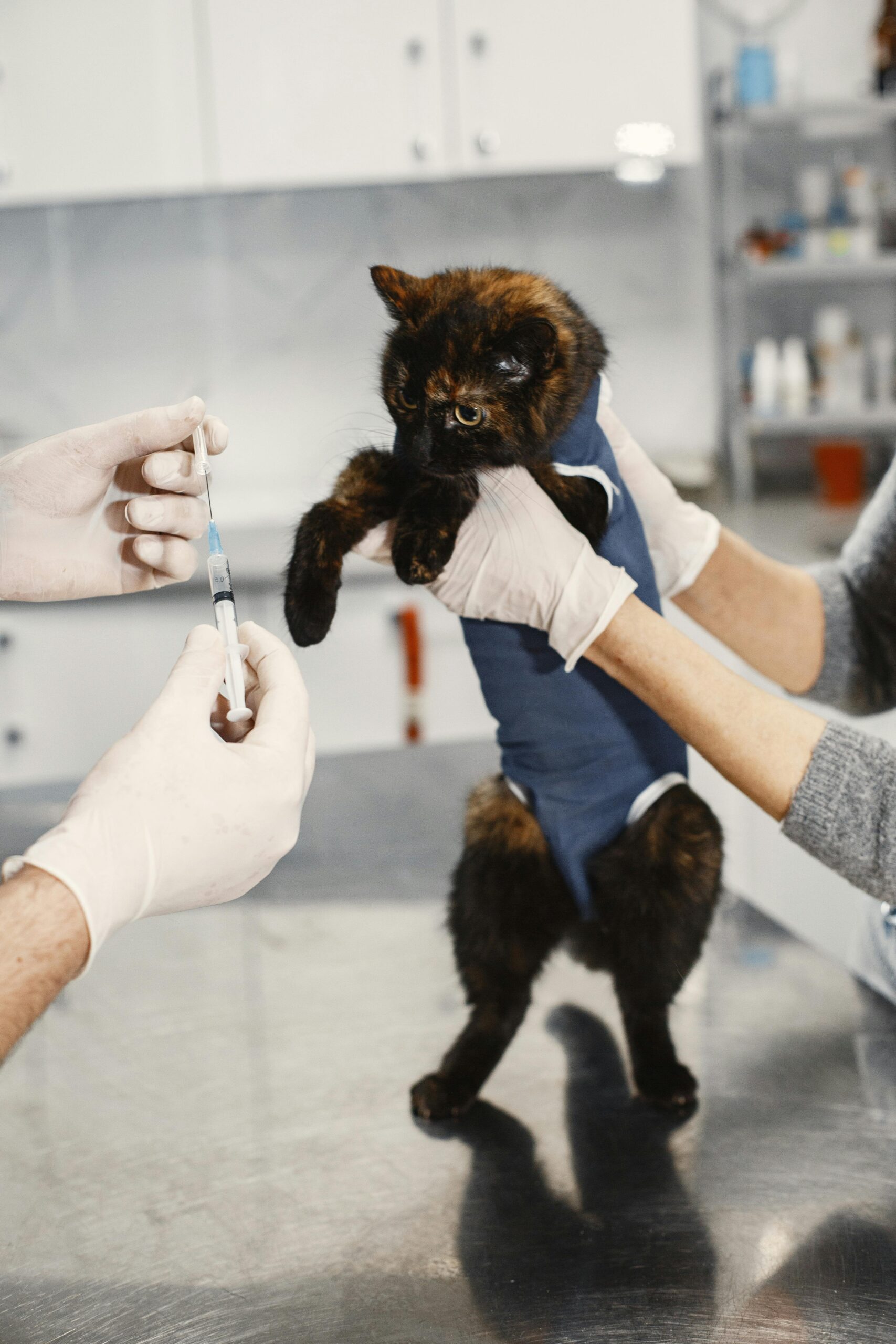
Conclusion
Comforting a scared cat requires patience, understanding, and a gentle approach. By creating a safe environment, staying calm, and using strategies like pheromones, gentle physical contact, and distractions, you can help your cat feel more secure during stressful situations. Remember, every cat is different, so it’s important to tailor your approach to your cat’s individual needs and preferences. With the right care and attention, you can help your cat overcome their fears and return to their playful, confident self.

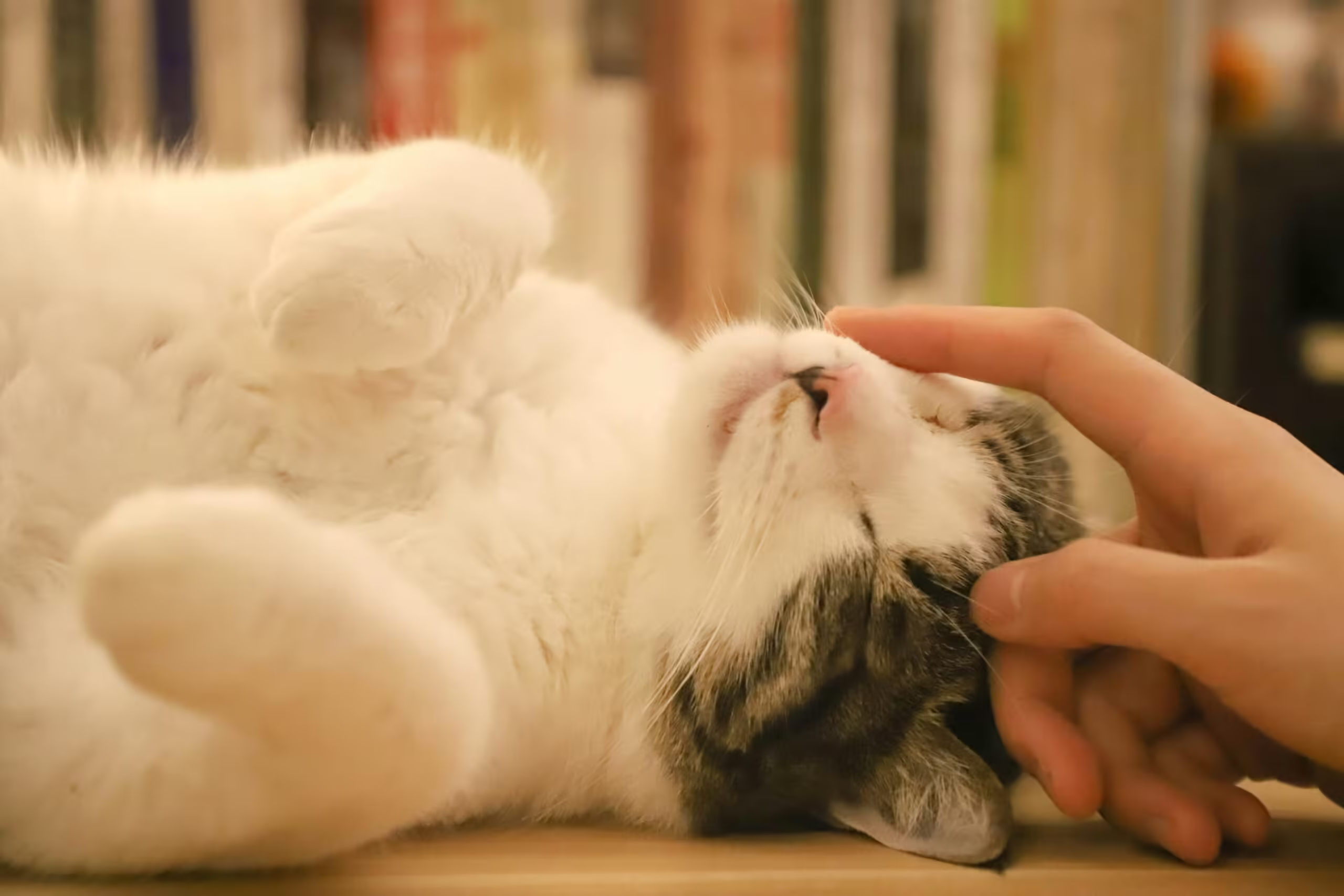
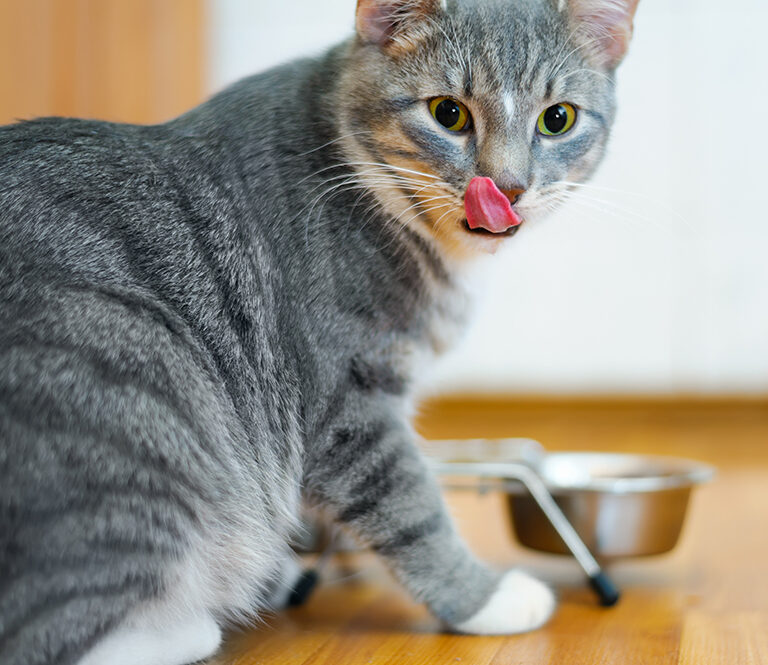



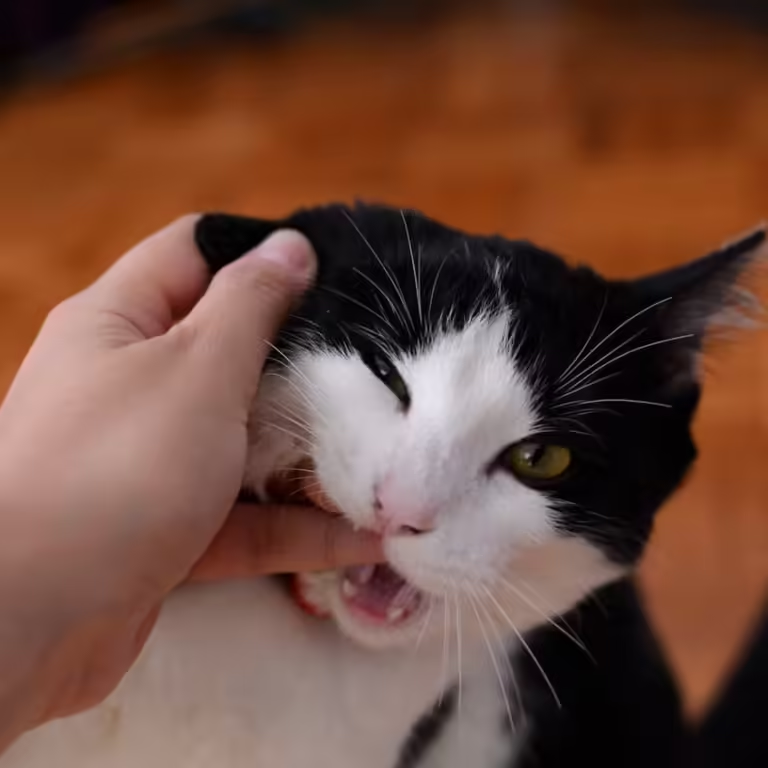
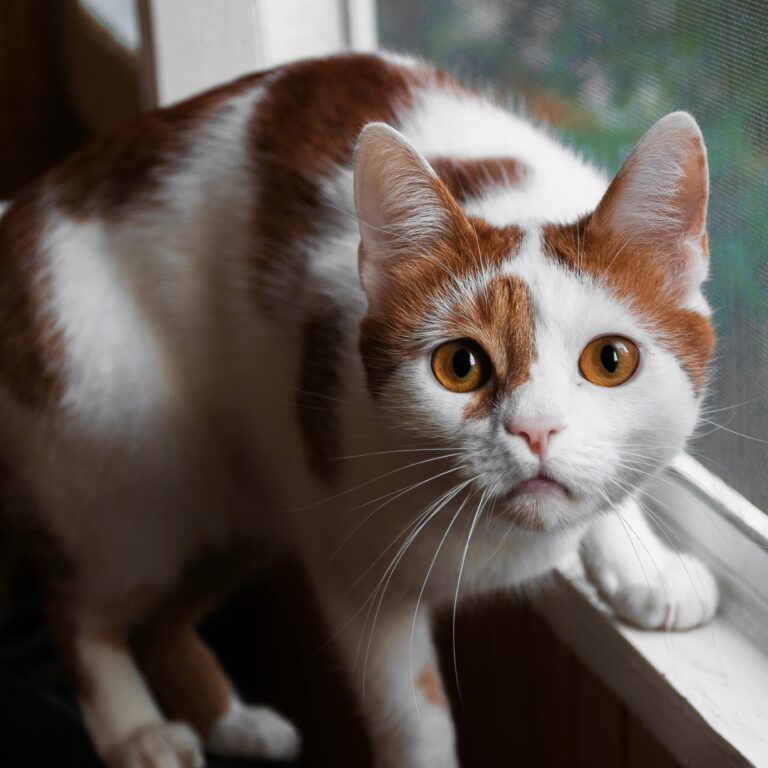
One Comment